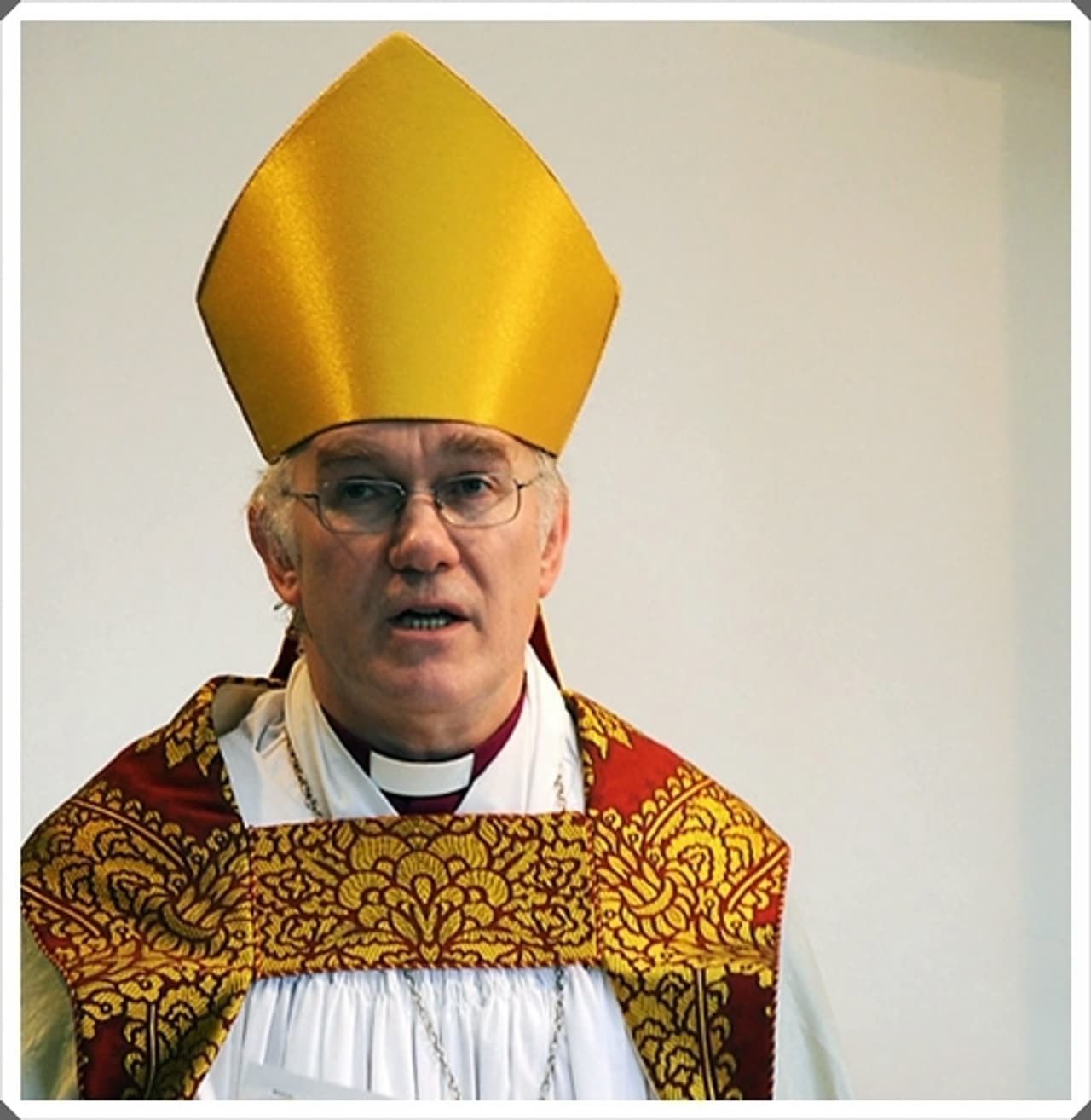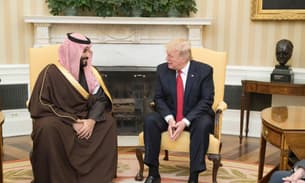
Bishops paid up to £27,000 for attending parliament
The Lords will provide. Bishop of Chester claims £27,600 attendance allowances.
Bishops in the House of Lords are claiming up to £27,000 a year in allowances for attending Westminster – on top of their annual stipends.
The Bureau’s investigation with the Independent has found that vastly different amounts are claimed by the 26 bishops who sit by right in the second chamber.
The findings add to pressure to reform Parliament following the Bureau’s other revelations about the House of Lords.
Some bishops are claiming up to the maximum fixed allowance for attending sessions in the second chamber while having full-time jobs in their dioceses. Others attend sessions in the House without making any claim on the public purse. The Bishop of Chester, who attended the House on 97 days, claimed £27,600 in attendance allowances and £7,309 in travel expenses. In contrast, the Bishop of Birmingham attended on 22 occasions but claimed no money.
Under current regulations peers are allowed to claim a flat rate of either £300 or £150 to cover hotels and subsistence in London.
However they do not have to provide receipts and can also claim travel expenses.
Related article: Nick Clegg – Lords reform vital for a more democratic Britain
One bishop, known as a Lord Spiritual, is required to be in attendance and lead prayers on each day the house is sitting. But an analysis of the Lords allowances reveals that some bishops are spending up to two weeks in every month in the Lords – sometimes claiming the maximum allowances.
Between October 2010 and November 2011:
- The Bishop of Chester attended the house on 97 days claiming £27,600 in attendance allowances and £7,309 in travel expenses.
- The Bishop of Liverpool attended on 60 days claiming £15,600 for attendance and £4,220 in expenses.
- Other significant claimers included the Bishop of Exeter (£11,550), the Bishop of Leicester (£8,850) and the Bishop of Wakefield (£10,650).
In contrast, a number of bishops regularly attended the House but did not claim any money in attendance allowances at all. The Bishop of Birmingham attended the House of Lords on 22 occasions but claimed no money.
The Archbishop of York attended on 16 occasions and also made no charge to the public purse. The Archbishop of Canterbury also made no charge.
However the Archbishop of London claimed £3,750 for attending the House of Lords on 24 occasions.
The Church of England has a guaranteed presence in the upper house reflecting its position as the country’s established religion. Despite ongoing attempts to reduce their ranks or introduce representatives of other faiths, there are still places in the Lords for the 26 Lords Spiritual.
Bishops can choose to attend on an ad-hoc basis when matters of interest and concern to them are before it.
Related article: Ermine and expenses – an insight into House of Lord
Under plans being put forward by the Government, the number of bishops allowed to sit in the House of Lords would be reduced to 12 – with the idea of allowing some other faiths guaranteed representation.
Bishops live rent-free in their diocese, and to cover additional costs of running their historic homes they can draw upon allowances covered by the Church Commissioners, who manage the Church’s £5 billion property and shares portfolio.
They are provided with official cars for travelling around their dioceses, and can claim for entertaining guests, minor repairs to their homes as well as heating and lighting them, and for gardeners and cleaners.
A spokesman for the Bishop of Chester told the Independent: ‘The bishop’s attendance in the House of Lords was higher than usual for the period in question because of his membership of the Joint Select Committee on privacy and Injunctions, which required him to attend weekly for several months. And obviously, being from the north of England he has greater accommodation costs than many other bishops.’
The Bishop of Leicester said the amount claimed would vary depending on how much time bishops had to spend in London, whether they could travel back home after the session and whether they needed back up support for their work.
He added: ‘None of this money goes to individual bishops to subsidise their stipends.’
Some bishops are claiming up to the maximum fixed allowance for attending sessions in the second chamber while having full-time jobs in their dioceses.
In a statement the Bishop of Exeter confirmed: ‘The Bishop of Exeter claims the allowance for which he is entitled for each day he is in the Chamber. As he has to travel up from Devon, the allowance is used to cover overnight accommodation costs, incidental travel costs and subsistence, as well as journals and papers to inform work carried out while in the Lords. Travel to and from London is met by the House of Lords’ credit card, with a reduction through Senior Rail Card.’
A Church of England spokesman said: ‘Lords Spiritual, like other members of the House of Lords, are able to claim reimbursement for the costs incurred in the exercise of their parliamentary duties.
‘Claims for reimbursement for costs incurred by the Lords Spiritual under the parliamentary scheme are handled by each individual bishops’ diocesan office. The amounts claimed as reimbursement by Lords Spiritual will inevitably vary from bishop to bishop as a reflection of a number of factors including time spent in the House, geographical distance from Westminster, policy portfolios held, committee membership and all party group activity.’
Andrew Copson, chief executive of the British Humanist Association said the figures underlined the need to fundamentally reform the make-up of the Lords. “Church of England Bishops acquire their right to sit in our parliament and claim public money for their expenses solely by virtue of their religion, their gender and their position in the hierarchy of one particular denomination of one particular Church,’ he said.
‘They are unaccountable and unrepresentative of our diverse, and largely non-religious, society and yet it is the millions of non-Anglican taxpayers who are paying for their expenses. Lords reform should end this medieval hangover of automatic reserved places for Bishops in our legislature.’
Related article: Conservative Treasurer accused of breaking House of Lords rules
Oliver Wright is Whitehall editor for the Independent




